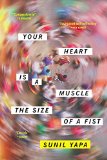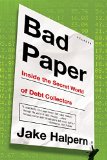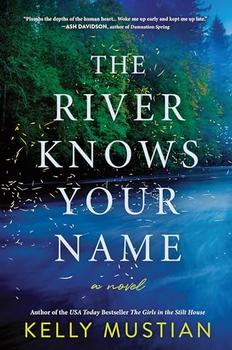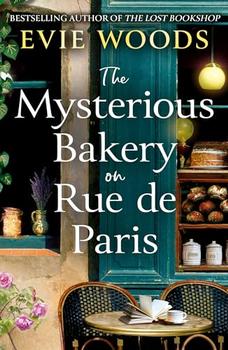Summary | Excerpt | Reviews | Beyond the book | Read-Alikes | Genres & Themes | Author Bio

Micro-Lending and the Battle Against World Poverty
by Muhammad YunusThis autobiography of the world-renowned, visionary economist who came up with a simple but revolutionary solution to end world poverty - micro-credit.
This autobiography of the world-renowned, visionary economist who came up with a simple but revolutionary solution to end world poverty - micro-credit
In 1983 Muhammad Yunus established Grameen, a bank devoted to providing the poorest of Bangladesh with miniscule loans. He aimed to help the poor by supporting the spark of personal initiative and enterprise by which they could lift themselves out of poverty forever. It was an idea born on a day in 1976 when he loaned $27 from his own pocket to forty-two people living in a tiny village. They were stool makers who only needed enough credit to purchase the raw materials for their trade. Yunus's loan helped them break the cycle of poverty and changed their lives forever. His solution to world poverty, founded on the belief that credit is a fundamental human right, is brilliantly simple: loan poor people money on terms that are suitable to them, teach them a few sound financial principles, and they will help themselves.
Yunus's theories work. Grameen Bank has provided 3.8 billion dollars to 2.4 million families in rural Bangladesh. Today, more than 250 institutions in nearly 100 countries operate micro-credit programs based on the Grameen methodology, placing Grameen at the forefront of a burgeoning world movement toward eradicating poverty through micro-lending.
If most of us were asked to name the person most famous for helping the poor people of the Indian subcontinent, we would probably reply Mahatma Gandhi; but if you walked into many a village in Bangladesh today and asked the same question, the answer would be Muhammed Yunus, founder of the Grameen Bank...continued
Full Review
(1 words)
This review is available to non-members for a limited time. For full access,
become a member today.
(Reviewed by BookBrowse Review Team).
Bangladesh: In 1947 the Partition of India caused the formation of East and West Pakistan (separated by a distance of about 1,000 miles). Although the two regions shared a common religion (Islam) large ethnic and linguistic differences existed which in 1971, following the Bangladesh Liberation War, led to the formation of Bangladesh (formerly East Pakistan) as a country separate from both India and Pakistan. It is the third largest Muslim-majority nation, and one of the most densely populated countries in the world; about 147 million people live in an area about the size of Iowa, with about a third of the land prone to flooding each year. The infant mortality rate is 61 out of every 1,000 live births, the ...
This "beyond the book" feature is available to non-members for a limited time. Join today for full access.

If you liked Banker to the Poor, try these:

Your Heart Is a Muscle the Size of a Fist
by Sunil Yapa
Published 2016
The Flamethrowers meets Let the Great World Spin in this electrifying debut novel set amid the heated conflict of Seattle's 1999 WTO protests.

by Jake Halpern
Published 2015
A vital exposé that is also a bravura feat of storytelling.



A classic is a book that has never finished saying what it has to say
Click Here to find out who said this, as well as discovering other famous literary quotes!